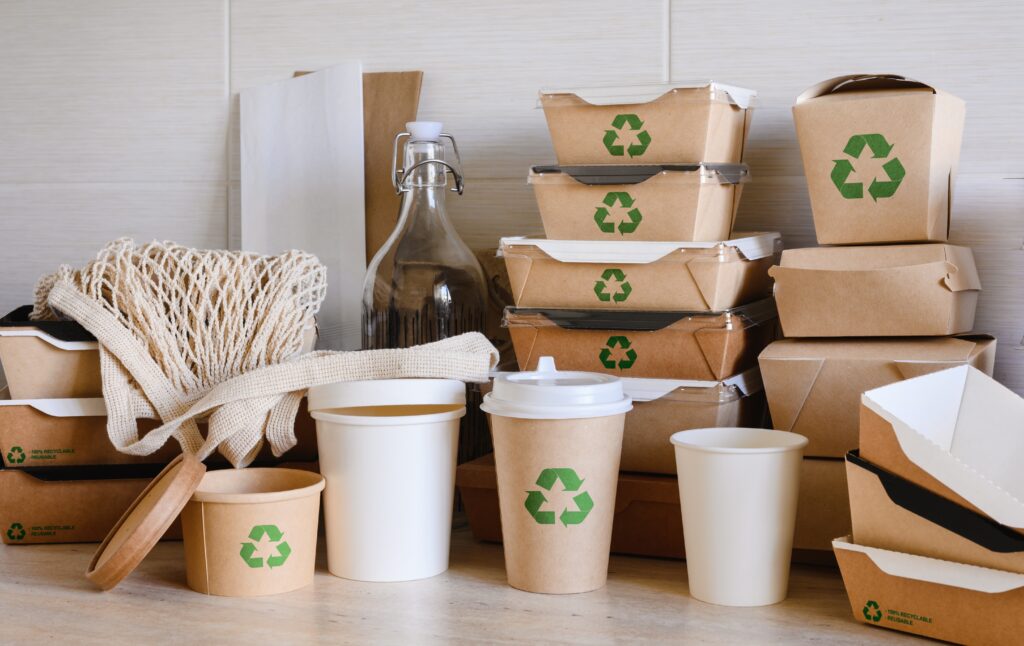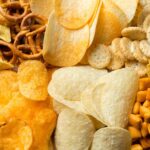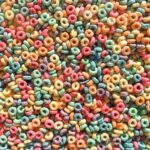By Aslı Tuncer Madge, Regulatory Researcher and Regulatory Trends Consultant
Packaging is everywhere: protecting our products, our food, and even our fragile egos when that online order arrives safely. But have you ever thought about what happens to the packaging once it has served its purpose? Enter recycled materials, the unsung heroes in the sustainability narrative. In this blog post, we will explore how companies producing recycled packaging materials are making strides in sustainability, and why food companies should care—spoiler alert: it is more than just for show.
To stay informed on packaging sustainability, food contact materials and many other topics, subscribe to FoodChain ID’s monthly Reports & Digests.
The Recycling Revolution: Where Are We Now?
Recycled materials have taken center stage as global governments and industries recognize the need to reduce waste and carbon footprints. According to the Rijksinstituut voor Volksgezondheid en Milieu (RIVM), the Netherlands has made headway in using recycled plastic for packaging, but there is still a long road ahead for achieving sustainability goals, particularly in meeting safety and quality standards for food contact materials.
Multilayer packaging, which is commonly used in food products, presents another challenge. Due to its complexity, the material is difficult to recycle. However, new solvent-based recycling methods are being explored to address the challenges, which could transform the industry. These methods break down multilayer plastics into their components, making recycling more feasible.
Why Should Food Companies Care?
Aside from the obvious sustainability benefits, switching to recycled materials can provide significant cost savings for companies. Recycling processes like chemical depolymerization are already showing promise in reducing the overall environmental footprint of packaging while allowing for greater reuse. The expansion of reusable packaging schemes such as Reposit in the UK signals an industry-wide shift towards long-term, reusable solutions.
Even more interesting, brands are starting to innovate in how they use recycled materials. For instance, KYSU recently launched a packaging line made entirely from recycled materials, which is making waves in the industry for its environmental benefits and its ability to compete with traditional packaging solutions on both cost and quality.
What About Safety?
The safety of recycled packaging, especially in food contact materials, has been a major concern for regulatory bodies. The European Food Safety Authority (EFSA) continues to evaluate the safety of recycled plastics intended for food packaging. Recent assessments have cleared specific processes for producing recycled plastics, but stricter regulations might be coming as research evolves.
Researchers have also started addressing the chemical contamination risks associated with recycled materials. Studies have found that careful selection and processing of recycled plastics can minimize contamination, making recycled materials safer for food packaging.
Innovation on the Horizon
From closed-loop systems to advanced sorting technologies, the recycling industry is rapidly evolving. Companies like UPM Specialty Papers are developing innovative solutions such as fiber-based materials that can easily replace single-use plastic in packaging. These developments not only reduce reliance on virgin materials but also offer a biodegradable alternative.
On a scientific front, new methods are being tested to improve the quality of recycled materials. For example, researchers are working on integrating AI and machine learning to sort and purify plastics, making the recycling process more efficient and reducing waste. A study on multilayer packaging suggests that with the right recycling technologies, we could soon be reusing more than 90% of our packaging waste.
The Future Is Green (and Recycled)
The takeaway for companies? Get on board with recycled materials if you want to stay competitive. As sustainability becomes a key consumer concern, embracing these innovations can give companies a valuable edge—not just in reducing their environmental impact, but also in aligning with future regulations and customer expectations.
Learn more about all of FoodChain ID’s technology and expert-guided services to help brands and manufacturers meet market demands for sustainable packaging.









